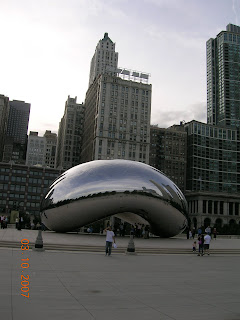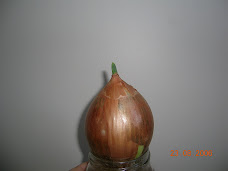
In the past, there was no public transportation between Jeju and Korea peninsula and that is the reason why Jeju has its own culture and distinct dialect, which Korean cannot understand the Jeju dialect, compared to dialects from other provinces in Korea. This physical isolation allowed ecological environment of Jeju to be protected, keeping its own natural beauty. However, the lives of people in Jeju was extremely tough because most land consisted of rocks, so-called ‘basalt’, just including small amounts of soil. Therefore, residents in Jeju were hardly able to raise crops such as rice or wheat. The main industry was fishing but the sea waves were so strong due to frequent typhoons in summer. As a result, people from Jeju seem to have a strong viability regardless of any hard situations. I like this kind of viability. I want to say it, the frontier spirit or indomitable spirit. Maybe I inherited it from my parents, grandparents, grand-grand parents…..
Now, Jeju is very well-known for tourism, especially honeymoon place because of its beautiful scenery and exotic food. Owing to convenient transportation like airplanes or ships, many people can go in and out Jeju. Many people in Jeju have tangerine orchards like my parents. Tangerine is a kind of fruit. Its taste and yellow color are similar to orange, but the size is smaller than orange. I really like tangerines, sweet and a little bit sour. My parents harvest them this late autumn to beginning winter season.
In the future, I think that the number of tangerine orchards may decrease because it cannot make enough profits for people. My parents are also concerned about that. My parents raised my brothers, sister, and me through money from the tangerine harvest. I don’t know why the Korean government does not support farming like other developed countries. I want the government to present some alternatives to innocent farmers for the future.





